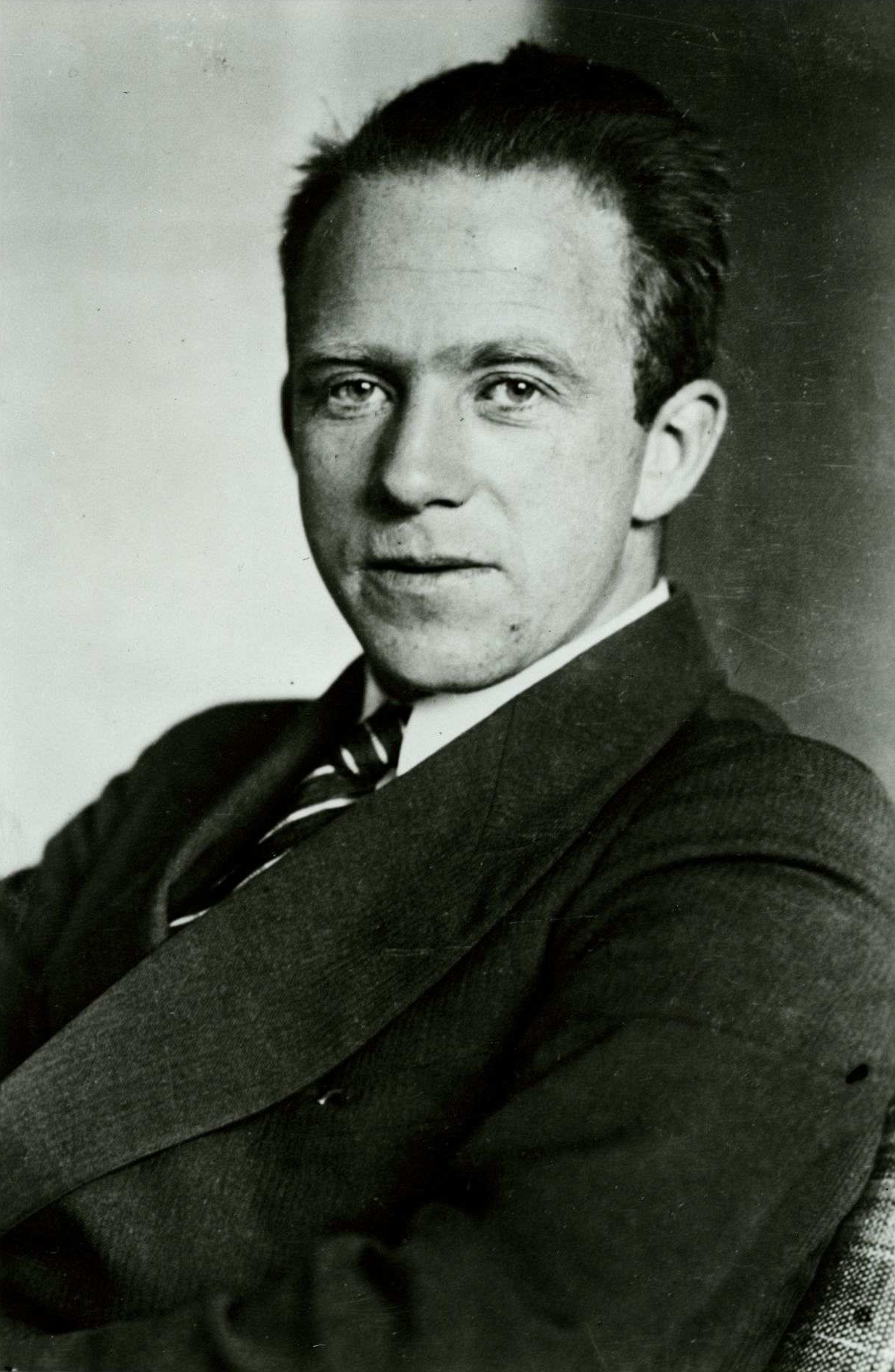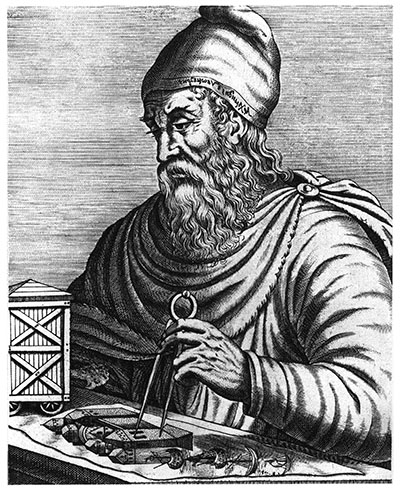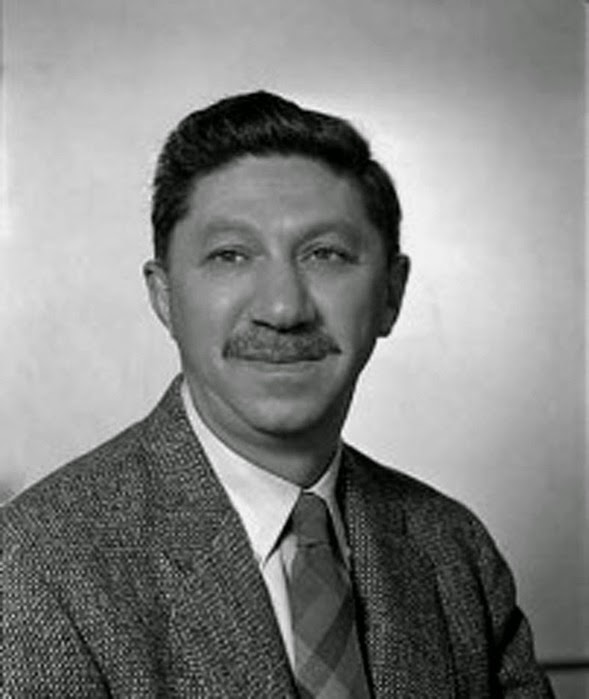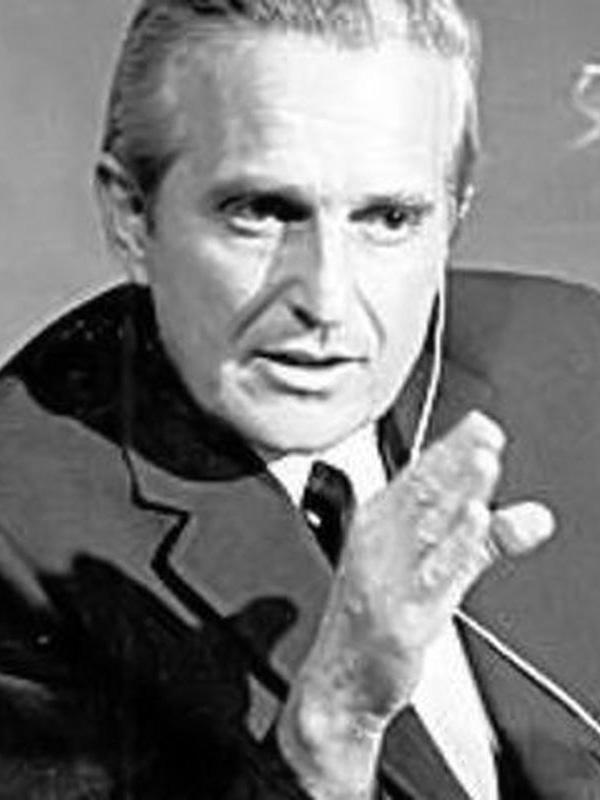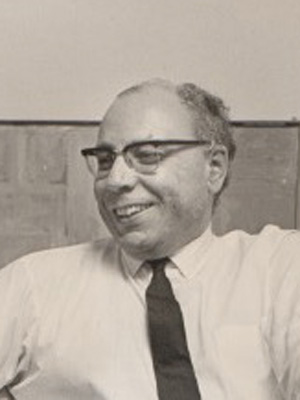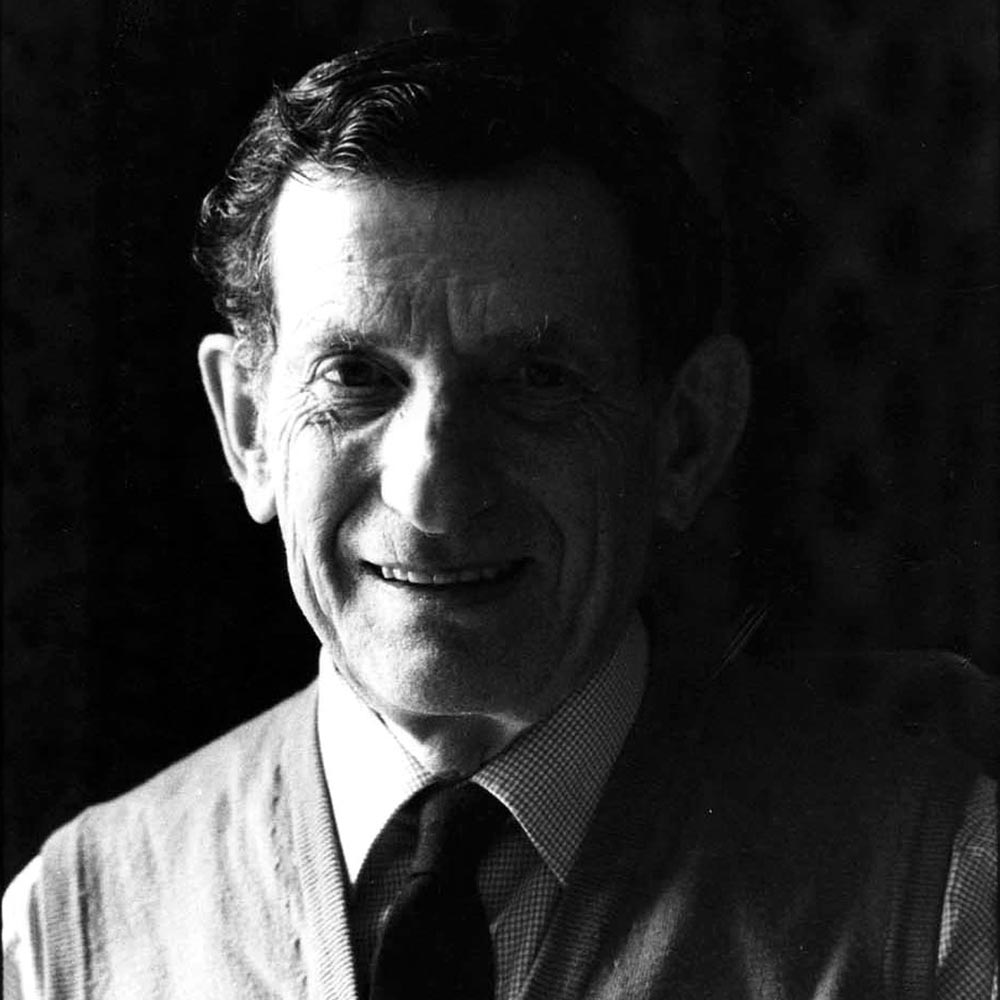Difference between revisions of "N-keywords"
m |
m |
||
| Line 30: | Line 30: | ||
<p>The point here is that the paradigm is ready to shift. We own all the knowledge. As soon as we put it together—all changes. In holotopia the metaphor of the elephant. We only need a way to put the pieces together. </p> | <p>The point here is that the paradigm is ready to shift. We own all the knowledge. As soon as we put it together—all changes. In holotopia the metaphor of the elephant. We only need a way to put the pieces together. </p> | ||
| − | <p>Another is the pair of keywords—<em><b>holoscope</b></em> and <em><b>holotopia</b></em>. When we use (not the microscope nor the telescope, but) the <em><b>holoscope</b></em>—we see the <em><b>holotopia</b></em>. | + | <p>Another is the pair of keywords—<em><b>holoscope</b></em> and <em><b>holotopia</b></em>. When we use (not the microscope nor the telescope, but) the <em><b>holoscope</b></em>—we see the <em><b>holotopia</b></em>. </p> |
| + | |||
</div> </div> | </div> </div> | ||
Revision as of 09:34, 20 October 2023
Contents
Keywords
Keywords are custom-defined words.
They allow us to speak in new ways. Like early science.
Paradigm
I will here use the word paradigm to point to a general societal-and-cultural order of things where everything depends on everything else; and to its basic fractal-like structure—where even the smallest detail reflects the overall shape of the whole big thing.
The Liberation book begins with the iconic image of Galilei in house arrest whispering "And yet it moves!" and develops an analogy—between that historical moment when a sweeping paradigm shift was about to happen and our own time; in order to develop a direction and a strategy—to focus on comprehensive paradigm shift; because (paradoxically) comprehensive change can be easy (when conditions for it are ready)—even when small and obviously necessary changes have been impossible.
The point here is that the paradigm is ready to shift. We own all the knowledge. As soon as we put it together—all changes. In holotopia the metaphor of the elephant. We only need a way to put the pieces together.
Another is the pair of keywords—holoscope and holotopia. When we use (not the microscope nor the telescope, but) the holoscope—we see the holotopia.
(Werner Heisenberg, Physics and Philosophy, 1958)
Fundamental discoveries demand a new paradigm.
Heisenberg:
“[T]he nineteenth century developed an extremely rigid frame for natural science which formed not only science but also the general outlook of great masses of people. This frame was supported by the fundamental concepts of classical physics, space, time, matter and causality; the concept of reality applied to the things or events that we could perceive by our senses or that could be observed by means of the refined tools that technical science had provided. Matter was the primary reality. The progress of science was pictured as a crusade of conquest into the material world. Utility was the watchword of the time.
On the other hand, this frame was so narrow and rigid that it was difficult to find a place in it for many concepts of our language that had always belonged to its very substance, for instance, the concepts of mind, of the human soul or of life. Mind could be introduced into the general picture only as a kind of mirror of the material world.”
Heisenberg's point was that 20th century physics constituted its rigorous disproof. He wrote Physics and Philosophy expecting that the largest contribution of his field to mankind would be a cultural revolution—that would result from correcting this epistemological error.
Materialism is outdated for fundamental reasons.
(René Descartes, Meditations on First Philosophy , 1641)
Logos
THE key meme... Revival of that spirit—where we use the mind to rebuild the very foundations for knowledge. As illustrated—this led to science! And to Enlightenment!
The reason why we must do that—they made some sweeping errors. Notably by believing that the objective is to find "real truth", lasting thing about "reality as it truly is" i.e. objectively. AND that this is revealed to the mind as the sensation of absolute certainty.
Logos is now federation; we federate the way to use the mind! We federate... Instead of believing—we do things evidence-based.
(Attributed to Archimedes)
Epistemology
Archimedean point — federate an epistemology. Use it to revive culture. Using truth by convention.
Design epistemology takes the constructivist credo a step further—instead of stating it as fact about reality—state it as a convention.
Add purpose: Information is human-made thing for human purposes. Must fulfill certain functions in society. Here—lifeblood of human systems, incl. society.
Apply logos (KF) to the way we use the mind; and to foundation.
Design epistemology as prototype
Prototypes follow as results; restoring severed link between information and action
(Abraham Maslow, Psychology of Science, 1966)
Methodology
Maslow—INVERSION--- tool-based instead of problem-based.
Grew on Descartes' error: Certainty. Now we aim at certainty—NOT function!
Maslow writes: "I discovered [...] that many scientists disdain what they cannot cope with, what they cann9ot do well. I remember counterattacking in my irritation with an aphorism I coined for the occasion: 'What isn't worth doing, isn't worth doing well.' Now I think I could add: 'What needs doing, is worth doing even though not very well.'"
Similar diagnosis by Stephen Toulmin in his last book Return to Reason, his will in a way: Back to drafting board. Science evolved as a way to presumed certainty—at expense of creativity.
Polyscopic Methodology prototype—reverses this anomaly. It is general-purpose; it empowers us to choose subjects based on relevance; and create information as well as we are able.
(Doug Engelbart, "Title*, Byte, 1995)
Knowledge federation
Create process and system for information. Putting things together.
Engelbart: collective mind revolution. Different division of labor. Exactly what knowledge federation requires. </div>
</div>
(Erich Jantsch, Loooong title, MIT Report,1995)
Systemic innovation
<p>Introduce it as scientific approach to problems. Book 2. Point is to see anatomy and physiology.</p>
<p>See the systems in which we live and work as gigantic machines; comprising people and technology; MUST rebuild them—now turn efforts into problems. </p>
<p>Paradigm, like science—see systems whole.</p>
<p>Jantsch: evolutionary vision. Closely related: We are evolution. Part of it. NOT</p>
(Erich Jantsch, Loooong title, MIT Report,1995)
Dialog
<p>It was all ignored.</p>
<p>The function of the dialog is to dissolve the paradox.</p>

